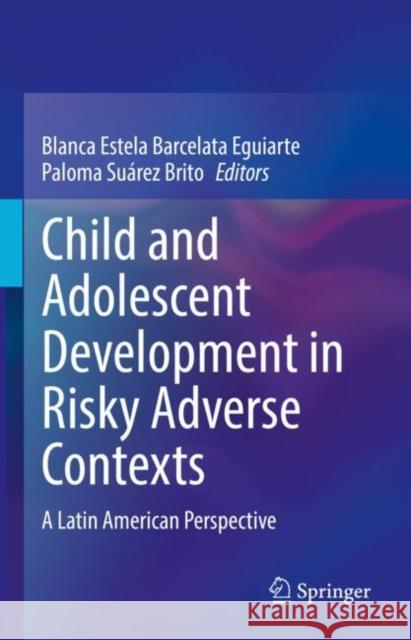Child and Adolescent Development in Risky Adverse Contexts: A Latin American Perspective » książka
topmenu
Child and Adolescent Development in Risky Adverse Contexts: A Latin American Perspective
ISBN-13: 9783030836993 / Angielski / Twarda / 2021
Child and Adolescent Development in Risky Adverse Contexts: A Latin American Perspective
ISBN-13: 9783030836993 / Angielski / Twarda / 2021
cena 603,81
(netto: 575,06 VAT: 5%)
Najniższa cena z 30 dni: 578,30
(netto: 575,06 VAT: 5%)
Najniższa cena z 30 dni: 578,30
Termin realizacji zamówienia:
ok. 16-18 dni roboczych.
ok. 16-18 dni roboczych.
Darmowa dostawa!
Kategorie:
Kategorie BISAC:
Wydawca:
Springer
Język:
Angielski
ISBN-13:
9783030836993
Rok wydania:
2021
Wydanie:
2021
Waga:
0.63 kg
Wymiary:
23.39 x 15.6 x 1.91
Oprawa:
Twarda
Wolumenów:
01











